The 2025 Sundance Film Festival (As Seen From a Distance)
The Reveal couldn't be on the ground at Park City this year but we still got a chance to sample some of the most intriguing films to play Sundance this year.
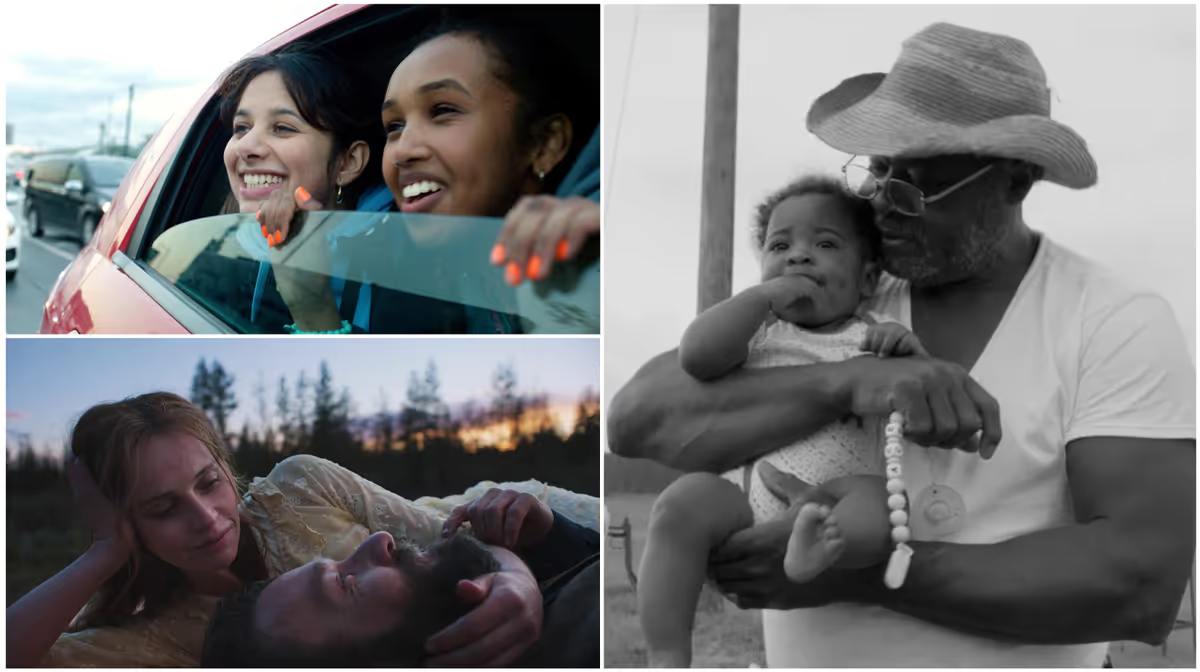
I’d love to offer you a full report on the 2025 installment of the Sundance Film Festival, but I can’t. For the fourth year in a row, I “went to” the festival virtually, an option introduced during the pandemic that Sundance has held onto even after reopening in-person attendance. I am, as ever, grateful for this. It has opened up an annual opportunity to take in a lot of movies playing at the festival. But the approach has some pretty obvious limitations, chief among them the unavailability of a bunch of titles playing in Park City that could not be streamed online. So, yes, I’m curious about Together, Pee-wee as Himself, Peter Hujar’s Day, and a bunch of other films that I was not able to watch. Sundance’s remote ticketing system also caps the number of virtual tickets for each film. In the mad rush to obtain tickets, I did my best to snatch up the most appealing options while others sold out (or “sold” out) and hoped I made the right choices. Finally, I’m only one person and I have limits.
Still I did watch a lot of movies while the five-day window was still open. It would be reckless to draw any conclusions about the state of indie film as reflected by this year’s fest. I simply did not have a large enough sample size. I will say that, of the films I watched, I saw plenty of “hey, that’s pretty good” narrative features but more “wow, that’s pretty great” documentary features.
The Reveal is a reader-supported newsletter dedicated to bringing you great essays, reviews and conversation about movies. While both free and paid subscriptions are available, please consider a paid subscription to support our long-term sustainability.
So what should you be on the lookout for in the year to come based on what I saw (with all the all the aforementioned caveats)? Well, I’m glad you asked.
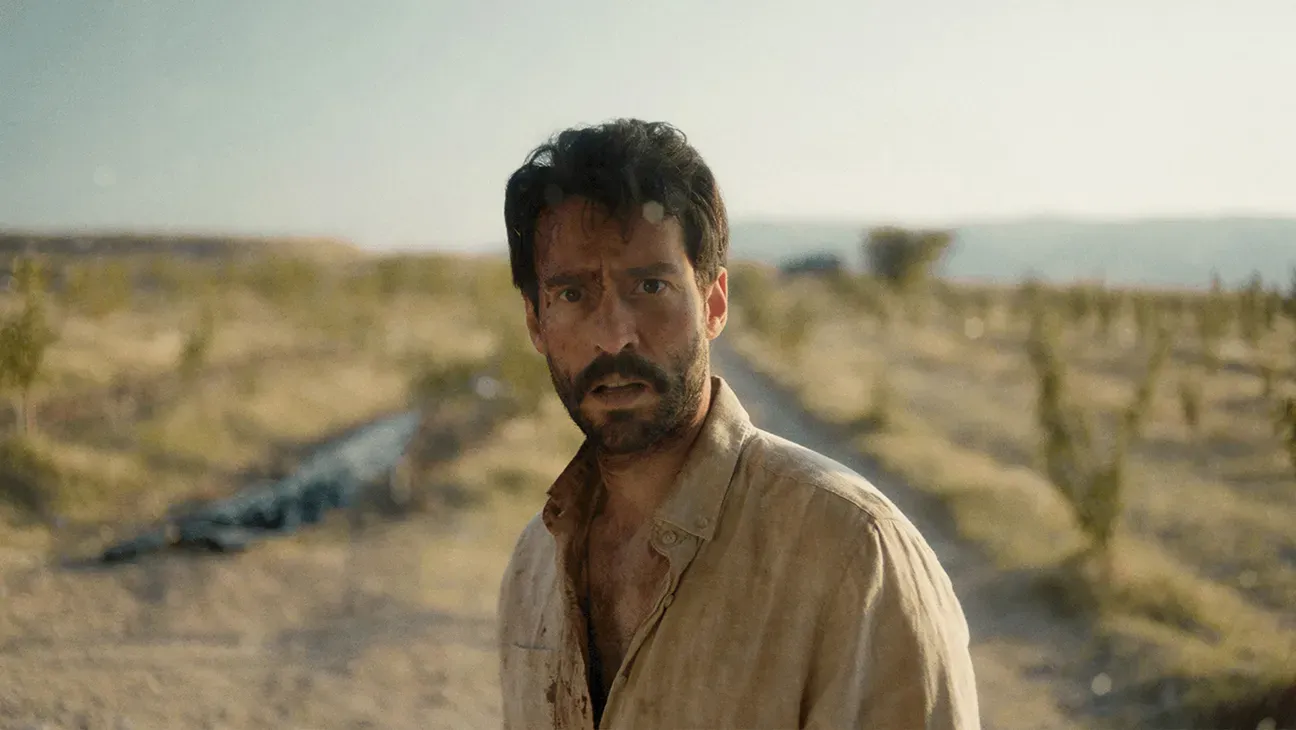
Best Discovery (Narrative): The Things You Kill
Iranian-born director Alireza Khatami has described his third feature as a “trojan horse.” That’s an apt label, especially for viewers familiar with the rhythms and concerns of naturalistic Iranian dramas driven by their characters’ moral dilemmas. (Khatami has even worked as an assistant director to Asghar Farahadi.) Set in Turkey, the film follows Ali (Ekin Koç), a tenuously employed professor of literature whose marriage has been brought to a crisis point by infertility and who worries deeply about his mother, a woman in declining health left alone for long stretches by Ali’s father (Ercan Kesal). But Ali’s life takes a strange turn when a drifter named Reza (Erkan Kolçak Köstendil) turns up at the decrepit garden Ali’s family owns in the nearby countryside. Khatami has cited David Lynch as a major influence and that’s good information to know in going in. (Think Lost Highway and beyond.) What begins as an accomplished drama in a familiar style takes a bizarre, unsettling, sometimes thrilling detour into parts unknown.
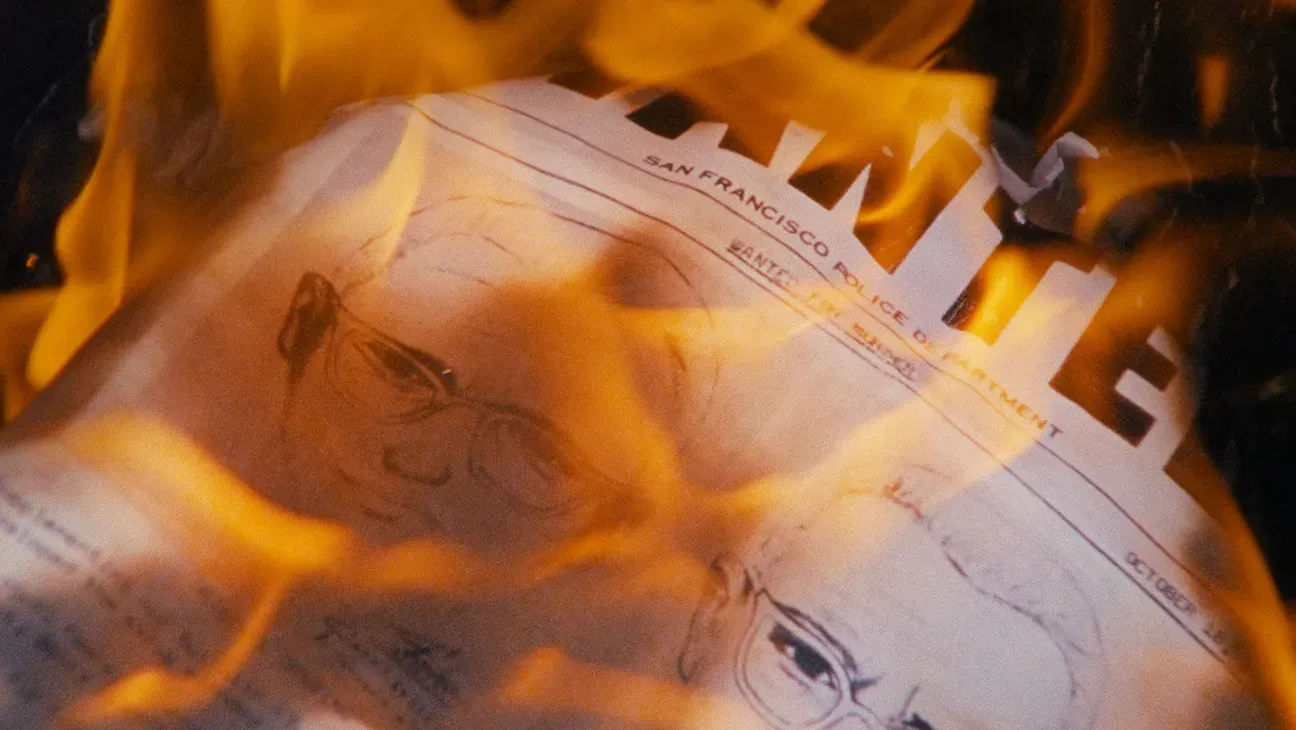
Best Discovery (Documentary): The Zodiac Killer Project
The Zodiac Killer Project is not the film director Charlie Shackleton set out to make. It was supposed to be based on The Zodiac Killer Cover-Up, a 2012 book written by retired California Highway Patrol officer Lyndon Lafferty. Lafferty, who died in 2016, claimed to have finally identified the Bay Area serial killer, only to have been silenced by the powers that be. His family initially agreed to let Shackleton turn the book into a movie, only to change their mind. So Shackleton made a movie about the movie he would have made instead, one that takes apart the mechanics of true crime documentaries while telling Lafferty’s story anyway (while staying within the bounds of fair use). Shackleton serves as a genial host, describing what he would have done against the backdrop of dull B-roll while simultaneously chuckling at true crime clichés and admitting he’s no less a sucker for them than anyone else.
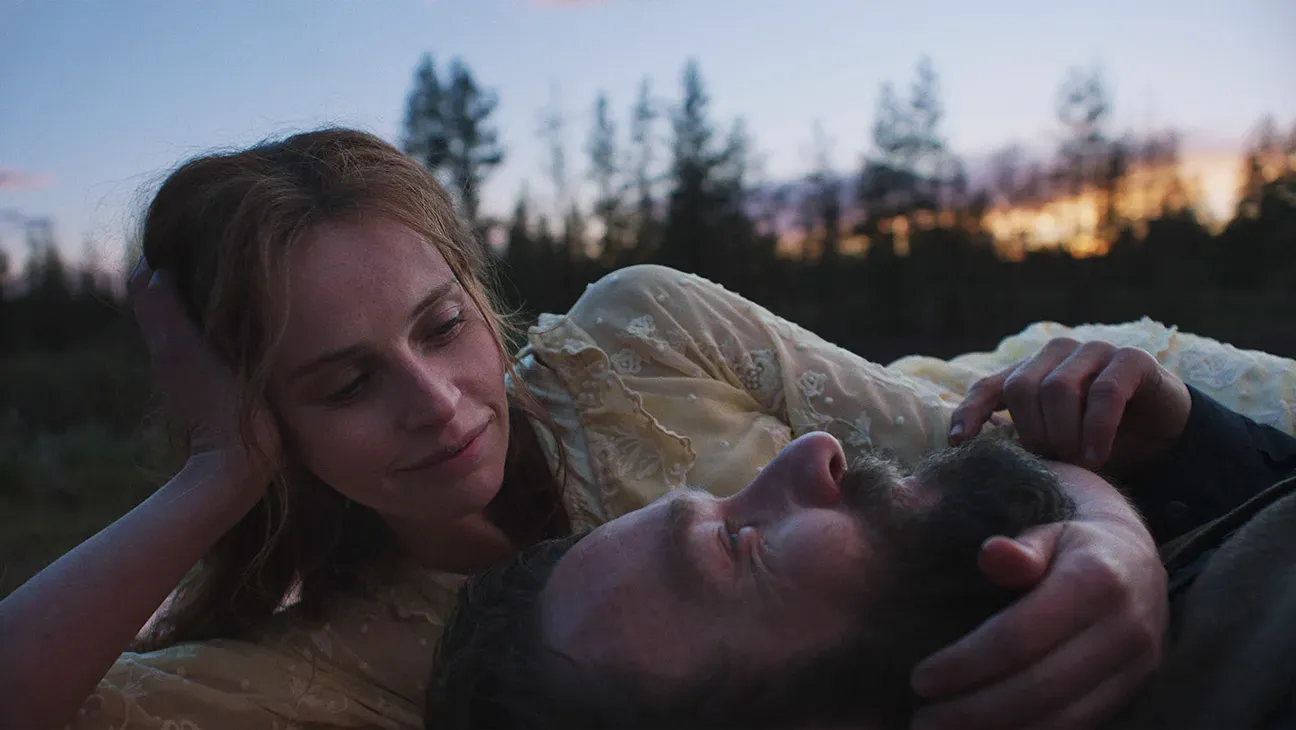
The Best Film I Saw: Train Dreams
It’s just February yet I’m not sure I’ll see a better film this year than Train Dreams, an adaptation of a Denis Johnson novella directed by Clint Bentley. Co-written by Bentley and Greg Kwedar (the pair also co-scripted Bentley’s previous feature, Jockey, and the Kwedar-directed Sing Sing), the film stars Joel Edgerton as Robert, a logger in the early years of the 20th century whose seasonal employment includes projects that will bring the railroad to the Pacific Northwest. To attempt to describe the film’s plot beyond those details would be a bit futile. Bentley fills Train Dreams with lyrical imagery that captures both what it means to be alive at a particular time and place and the ways in which times and places change and slip away. Edgerton’s understated performance provides the center of gravity for a supporting cast that includes Kerry Condon, Clifton Collins Jr., William H. Macy, and Felicity Jones. It’s visually breathtaking and dramatically powerful and I can’t wait to see it on the big screen (which might be tricky given that Netflix has picked it up, but I don’t doubt it will be worth making the effort).

Also of Note (Narrative)
Brides
Working from a screenplay by Suhayla El-Bushra, British playwright and theater director Nadia Fall makes her feature debut with a road movie about a trip to a dark destination. Ebada Hassan and Safiyya Ingar co-star as, respectively, Doe and Muna, a pair of British teens from different backgrounds who decide to run away to Syria, lured by the promise of the Islamic utopia being built there by Isis. The film skillfully depicts the reasons these characters—both smart, independent-minded girls—would feel alienated from British culture to the point they’re compelled to flee it without romanticizing that flight or where it will eventually take them.
Twinless
Left adrift by the death of his identical twin Rocky, Roman (Dylan O’Brien) joins a Portland support group for twins who’ve lost their siblings. There he meets Dennis (James Sweeney, who also writes and directs) and the two strike up an unlikely friendship based on their mutual loss. Or at least that’s what it seems is going on Sweeney’s second film as a writer and director. Twinless is tonally wobbly, thanks in part to dialogue that wavers in its commitment to archness, but it ultimately works as a heartfelt and winning exploration of grief, friendship, and ambiguous relationships, anchored by strong work from its two leads (with a nifty split-screen sequence, to boot).
East of Wall
A mix of fact and fiction, Kate Beecroft’s first feature is set on a horse farm east of Wall, South Dakota (hence the title) owned by Tabatha Zimiga (playing herself). A horse trainer and recent widow, Tabatha has implemented an open-door policy that’s turned her home into a place where her own children mingle freely with any other kids in the area who need a refuge from absent or abusive parents and don’t mind working with horses. The beautifully photographed film brings professional actors (Jennifer Ehle and Scoot McNairy) into the mix while largely drawing on Tabatha’s life and the life of her daughter Porshia (who also plays herself). The setting and set-up recall Chloé Zhao’s excellent 2017 film The Rider. East of Wall isn’t as consistently effective or as assured in its storytelling as that film, but it’s a fascinating look at some complex characters trying to hold onto themselves in the rough and evolving American West.
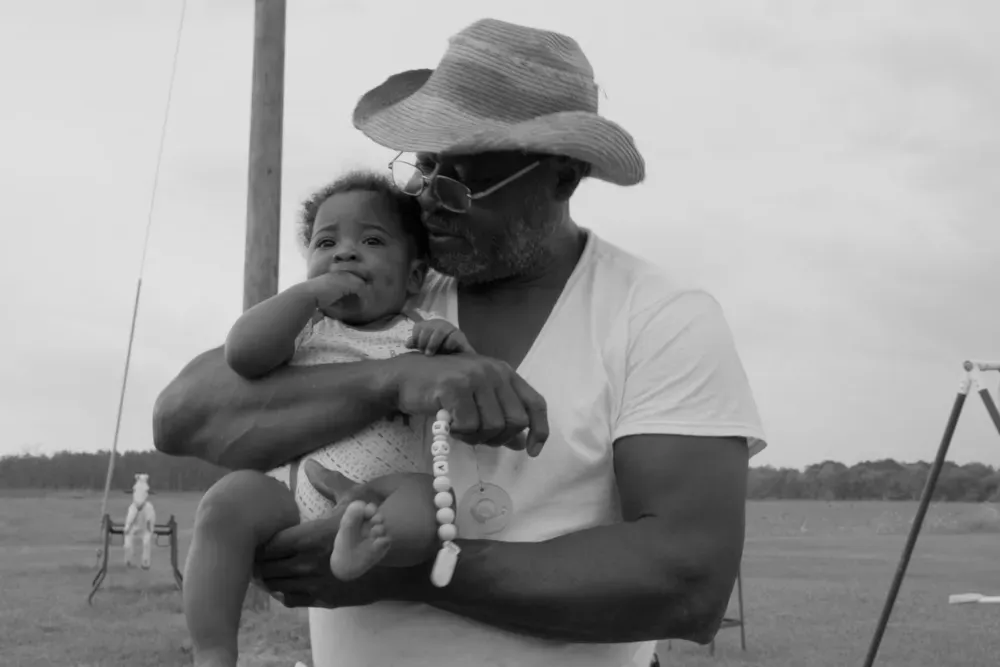
Also of Note (Documentary)
Seeds
Another striking debut, Brittany Shyne’s Seeds uses gorgeous black-and-white photography and a fly-on-the-wall approach to tell the story of a community of Black farmers in the American South. Shot over nine years, the film focuses on a handful of farmers but the scope is generational, telling the story of a vanishing way of life, those who hold onto it, and those who might not be able to carry it on.
Predators
Over the course of 20 episodes aired between 2004 and 2007, viewers thrilled as investigator Chris Hansen snared would-be pedophiles on the primetime series To Catch a Predator. That show’s very existence and troubling history would likely be fodder enough for a documentary. David Osit uses it as a jumping-off point to explore the show, but also the environment that allowed it to become a phenomenon and its lasting legacy and ongoing influence, which includes amateur online copycats who’ve borrowed the formula. This fascinating film is born of Osit’s own youthful fascination with the To Catch A Predator and takes some unexpected turns as he attempts to get beneath the surface of the show, a process that eventually brings him to Hansen himself.
Middletown
The latest from the team of Amanda McBaine and Jesse Moss (Boys State, Girls State), Middletown is both a time capsule from the 1990s and an eerily timely reminder of the roles journalism and the questioning of authority play in keeping the world from falling apart. Led by an unconventional teacher, a rotating group of students in upstate New York launched an investigation into a potentially toxic landfill nearby. In the process, they discovered a story of corruption, organized crime, and environmental destruction. Without forgetting the gravity of the topic, the film brings a light, nostalgic touch as it revisits Gen X alums who recall picking up passions for filmmaking and journalism but also making out in the school’s darkened editing bay.
The Dating Game
The unintended consequences of China’s one-child policy include a gender imbalance in which a generation of men of marriageable age outnumber the women. That’s led some men, particularly those of limited means, to adopt desperate strategies in the quest to find a mate. Focusing on the bustling city of Chongqing, Violet Du Feng’s film explores the full breadth of the situation (including a sequence concerning women who’ve opted for AI boyfriends rather than bothering with the flesh-and-blood variety) while circling back to a seven-day crash course offered by a man named Hao. Though he doesn’t exactly come off as a scam artist, Hao offers advice that seems dubious, a feeling reinforced by the skepticism of his wife, a fellow dating coach. Without overlooking the humor of, say, posing a group of men with no idea how to hold a club on a driving range because “women like men who golf,” the film captures the loneliness of those seemingly destined to be alone by economics and basic math.
Cutting Through Rocks
A different sort of colorful character serves as the focus of Cutting Through Rocks, Sara Khaki and Mohammadreza Eyni's vérité portrait of Sara Shahverdi, the first woman elected to the city council of a small village in northern Iran. A divorcée determined to change the sexual power imbalance around her (and to prevent girls from marrying at a too-young age, as she did), Shahverdi’s a fascinating subject, a lively, principled woman who’s well aware that the men around her (including her own brothers) do not want her to make inroads into the local power structure. The film is similarly upbeat and clear-eyed, charting Shahverdi’s progress while also depicting the potentially profound consequences of her commitment.
The Perfect Neighbor
Almost undoubtedly the year’s most enraging film, Geeta Gandbhir’s The Perfect Neighbor relies almost entirely on police bodycam footage and other official video to revisit the story of Susan Lorincz, a resident of Florida’s Marion County who shot and killed her neighbor Ajike Owens as Owens stood on her front door. The film builds slowly to the killing as it depicts the many incidents leading up to the killing—most involving Lorincz’s annoyance that kids used a nearby vacant lot as a playground—that earned Lorincz a reputation as the neighborhood “Karen.” It’s at once a film about an avoidable tragedy and a system in which inequality—Lorincz is white, her victim Black—and Florida’s stand-your-ground law made a just outcome far from assured.




Discussion